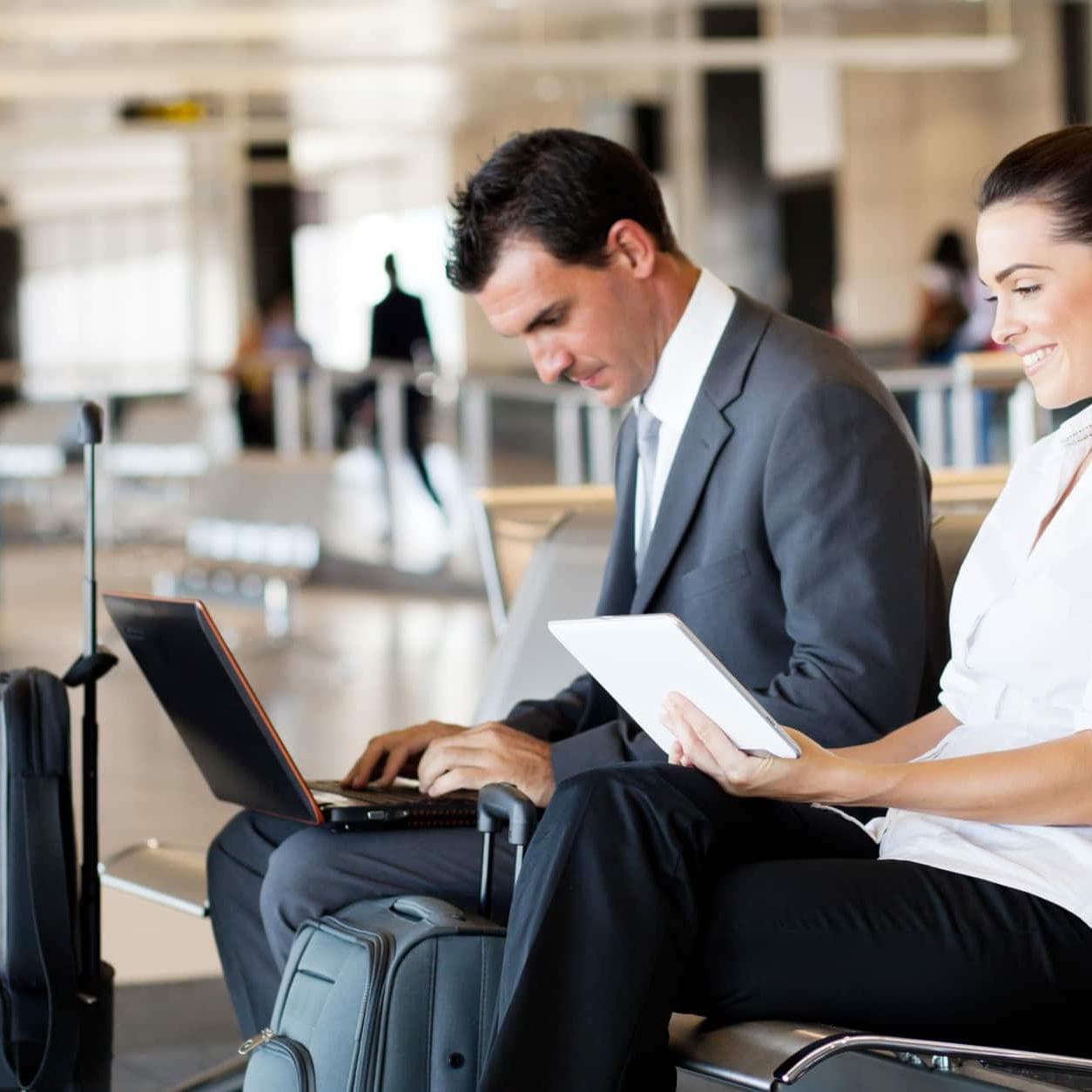Report: Traveler Expectations are Growing. Here's How Businesses Should Respond
Business travel is changing constantly – but so is the world around travelers. That means more ways to book that are convenient and easy, but that may not have the visibility of corporate booking channels. To learn more about traveler needs and the challenges they pose for businesses, the research firm GBTA has partnered with us at SAP Concur to explore business traveler booking behavior and preferences, and how booking behavior affects duty of care.
As you might expect, GBTA found in their study that your travelers have a lot of expectations around their business trips. Not only do they want to book with whatever channel is most convenient, but even if there is a mandated policy, employees are still likely to book through their preferred method regardless.
“On average, two-thirds of travelers with mandated policies book business travel through alternative channels,” the study found. And if you think more restrictions will solve the problem, think again. GBTA warns, “Stricter policies might not control out-of-policy bookings.” Based on their responses, 40% of travelers expect to use online travel agencies and 37% expect to use direct bookings even more in the next year.
Another expectation travelers have is to be taken care of and feel safe where they go. That makes sense, because in many places, corporate duty of care is standardized, or codified into laws. But, in some ways, it goes even further.
Take the new trend of “bleisure,” for example. The clever combination of the words “business” and “leisure” refers to the practice of tacking on a few extra days of leisure time after a business trip. These kinds of trips are a great way to combine working days with vacation days to get some off time while in a different city. What GBTA found, however, is that many employees now believe the company has a responsibility to protect them – even when they have transitioned to a leisure trip from a business trip.
“While over half of travelers generally see themselves as responsible for expenses and safety on added leisure days,” GBTA says, “between 24 and 37% expect the organization to be responsible for these aspects, and around one in ten do not know who is responsible.”
That means – regardless of what kind of trip an employee is on – it is critical for organizations to have resources in place to capture traveler data and keep them safe, and to educate travelers about which resources are available on leisure days.
Read the full report for even more recommendations about how you can brace your travel program for the coming changes and meet your travelers’ expectations for their next business trip.
